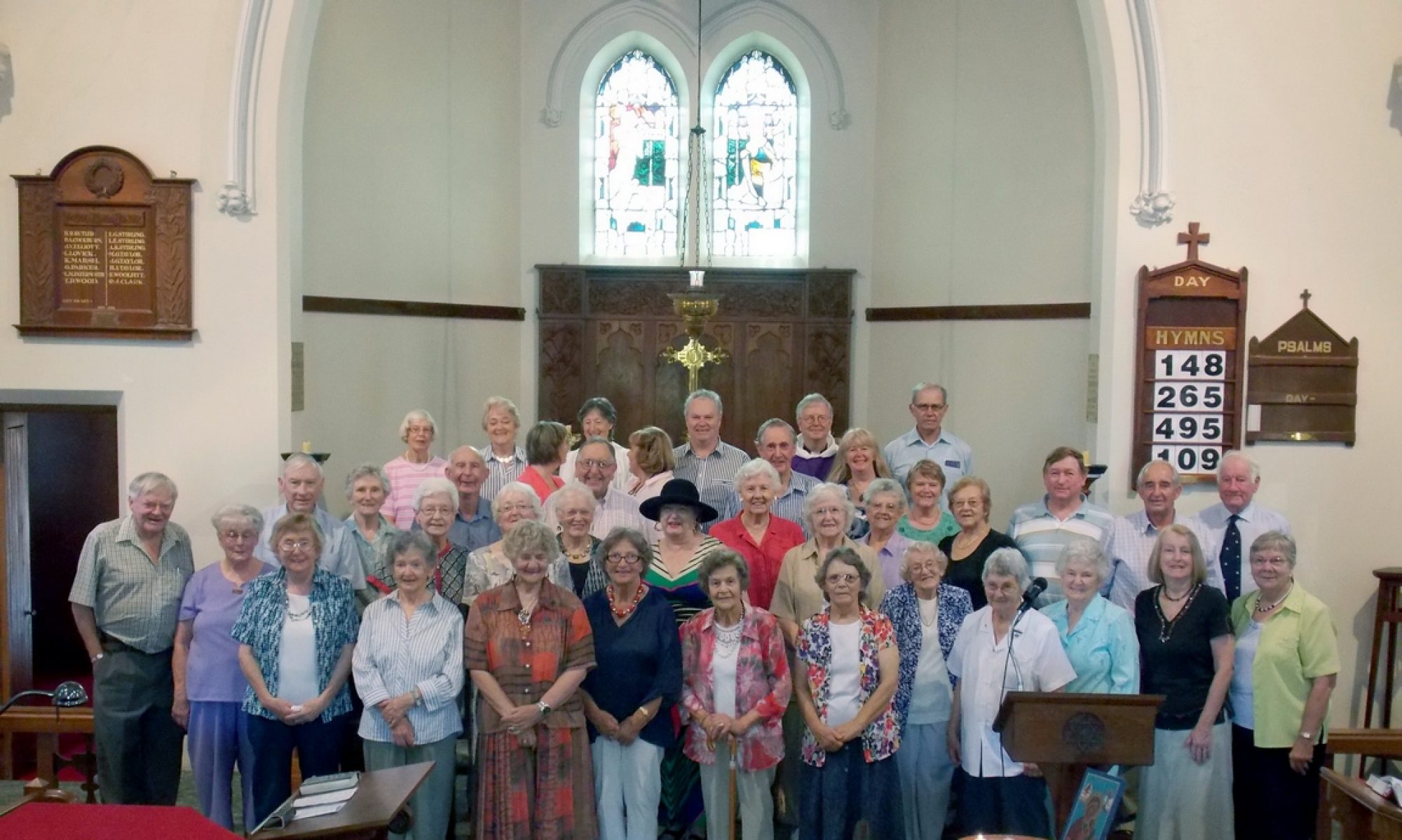The Five Marks of Mission were developed by the Anglican Consultative Council in 1984 and affirmed by Archbishops of the Anglican Communion at the Lambeth Conferences in 1988 and 1998. The Church of England’s General Synod adopted them in 1996 and Churches of other denominations have also adopted them. The fourth mark was amended at the Anglican Consultative Council meeting in 2012.
The Marks enable Christians of different countries and cultures, dioceses, deaneries, denominations and churches to have a common focus as they share in God’s mission in the world.
The five marks briefly:
1. To proclaim the good news of the Kingdom (TELL)
Proclamation may be in words – effective communication of the Gospel – but also in actions, by living the Good News we preach.
2. To teach, baptise and nurture new believers (TEACH)
Christian discipleship is about lifelong learning, so we all need formal and informal resources for growing in faith, so that the Church is a learning environment for all ages.
3. To respond to human need by loving service (TEND)
Churches have a long tradition of care through pastoral ministry. Christians are called to respond to the needs of people locally and in the wider human community.
4. To seek to transform unjust structures of society, to challenge violence of every kind and to pursue peace and reconciliation (TRANSFORM)
Jesus and the Old Testament prophets before him challenged oppressive structures in God’s name. Christians should not only press for change, but also demonstrate justice within Church structures.
5. To strive to safeguard the integrity of creation, and sustain and renew the life of the earth (TREASURE)
The Bible’s vision of salvation is universal in its scope. We are called to promote the well being of the human community and its environment, so that Creation may live in harmony.
Reference: Anglican Diocese of Perth, Western Australia
